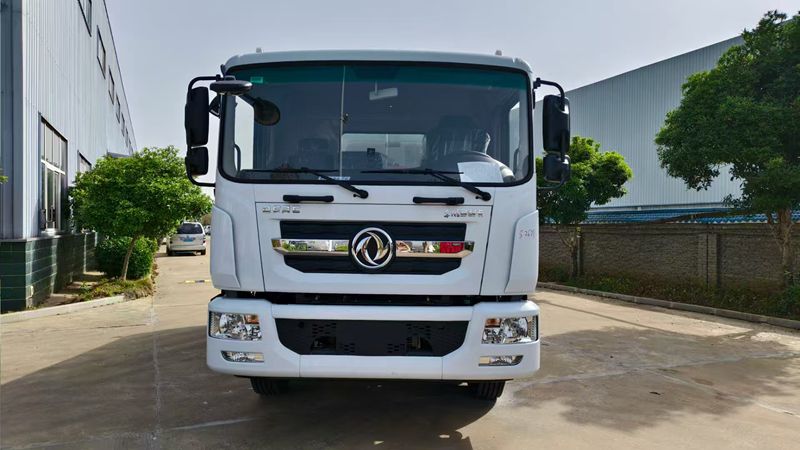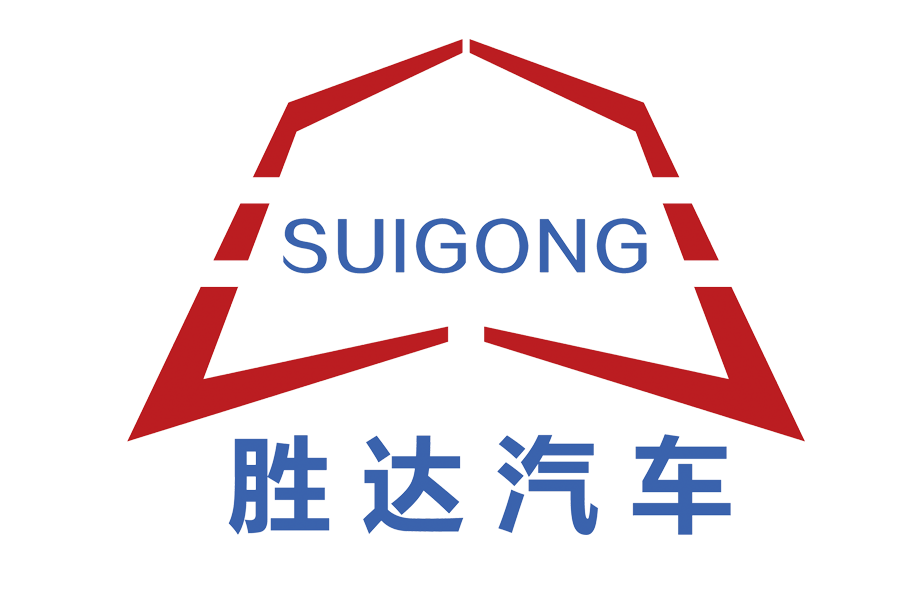Sprinkler trucks are transcending their traditional roles, becoming dynamic tools for environmental education and integral components of smart city infrastructure. With creative applications in schools, advanced IoT integration, and localized innovations in emerging markets, these vehicles are driving urban sustainability in unexpected ways.

Eco-Education on Wheels: Sprinklers as Classroom Tools
Schools worldwide are leveraging sprinkler trucks to teach students about water conservation, ecology, and urban systems. In Portland, Oregon’s “Sprinkler Science” program, middle school students partner with municipal workers to monitor sprinkler truck operations. Students track water usage data, analyze soil moisture levels, and propose efficiency improvements—such as adjusting spray patterns for school gardens. Teachers report that these hands-on lessons have increased students’ water conservation behaviors at home by 40%, from shorter showers to reusing household water.
In Tokyo, Japan, elementary schools host “Sprinkler Days” where students learn about urban greening. Children observe how sprinkler trucks maintain schoolyards, measure plant growth before and after watering, and even design their own mini sprinkler systems for classroom plants. “These trucks turn abstract environmental concepts into tangible experiences,” says a Tokyo science teacher. “Students develop a sense of responsibility for their city’s green spaces.”
IoT-Enabled Precision: Sprinklers in Smart City Networks
As cities embrace digital transformation, sprinkler trucks are becoming key nodes in Internet of Things (IoT) ecosystems. In Barcelona, Spain, sprinkler trucks connect to the city’s central smart grid via 5G, sharing real-time data on water pressure, fuel consumption, and air quality. This integration allows the city to optimize routes: if a sudden dust spike is detected in a neighborhood, nearby sprinkler trucks are rerouted to address it within 30 minutes. The system has reduced response times to environmental issues by 55% compared to manual 调度 (scheduling).
In Singapore, sprinkler trucks use AI-powered predictive analytics to forecast watering needs. By analyzing historical weather patterns, soil data, and plant types, the trucks autonomously adjust their schedules—reducing over-watering in shaded areas and increasing frequency for sun-exposed greenery. This smart approach has cut urban greening water usage by 32% while improving vegetation health.
Localized Innovations: Sprinklers Adapt to Emerging Market Needs
In emerging cities, where infrastructure gaps exist, communities are reimagining sprinkler truck functionality to address local challenges. In Nairobi, Kenya, community groups have modified old pickup trucks into mobile sprinkler units equipped with solar-powered pumps. These “Jua Kali Sprinklers” (Swahili for “hot sun sprinklers”) deliver water to informal settlement gardens, supporting urban farming and reducing reliance on erratic municipal supplies. Participating households report a 25% increase in vegetable harvests, improving food security.
In Dhaka, Bangladesh, where monsoon flooding leaves stagnant water that breeds mosquitoes, sprinkler trucks are repurposed to flush drains during dry seasons. The high-pressure spray clears debris from drainage channels, preventing blockages that worsen flooding. Local health officials note a 30% decrease in mosquito-borne disease cases in neighborhoods with regular drain-flushing schedules.

